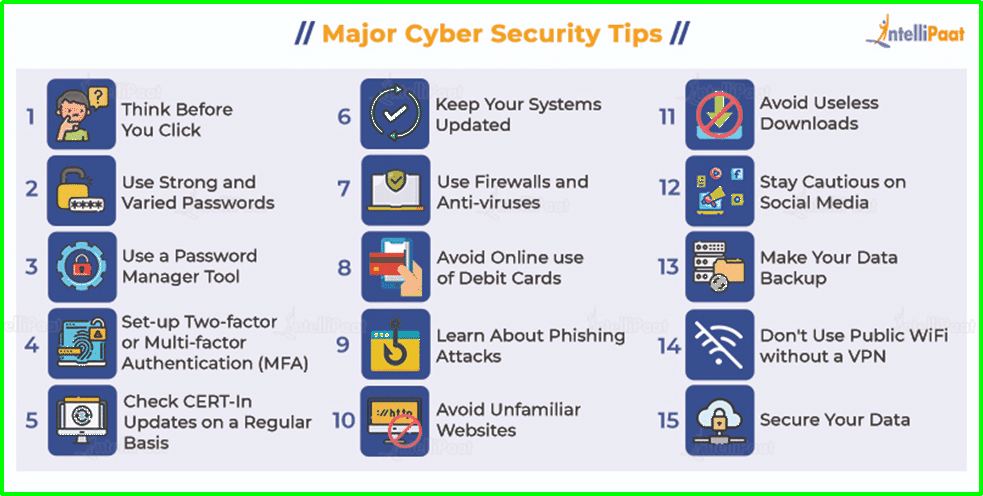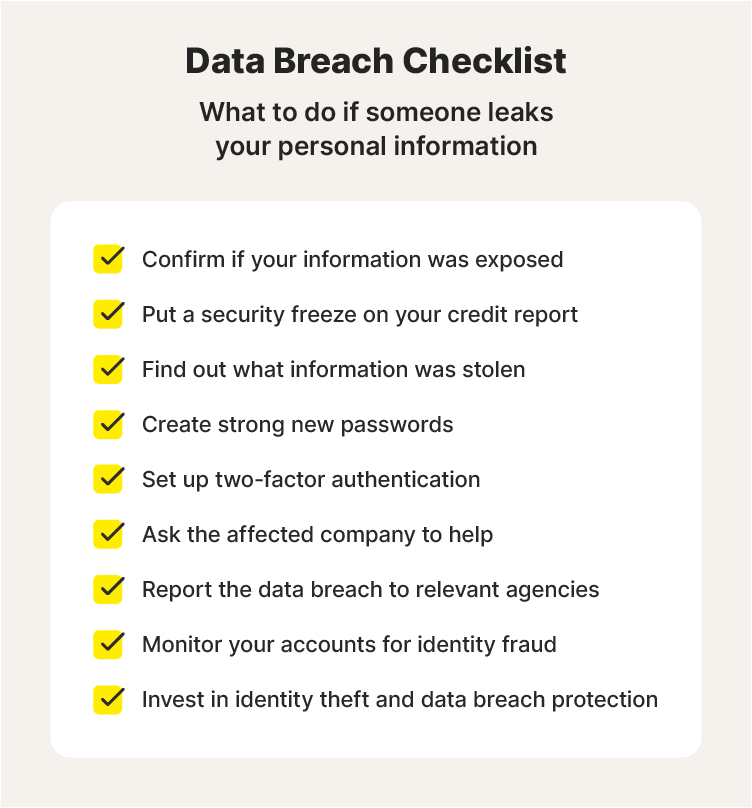
Top 10 Cybersecurity Tips for Everyday Users
- 0
Cybersecurity is a growing concern for individuals and businesses alike. With cyber threats on the rise, it’s more important than ever to take steps to protect your personal information and digital assets. In this article, we will discuss the top 10 cybersecurity tips for everyday users to help you stay safe online.
1. Keep Your Software Updated
One of the easiest ways for cybercriminals to gain access to your devices is through vulnerabilities in outdated software. Make sure to regularly update your operating system, antivirus software, and applications to patch any security flaws.
2. Use Strong, Unique Passwords
Using strong, unique passwords is essential for protecting your accounts. Avoid using common phrases or personal information in your passwords, and consider using a password manager to securely store and generate complex passwords.
3. Enable Two-Factor Authentication
Two-factor authentication adds an extra layer of security to your accounts by requiring a second form of verification, such as a code sent to your phone. Enable two-factor authentication on all your accounts to make it harder for hackers to gain access.
4. Be Wary of Phishing Scams
Phishing scams are a common tactic used by cybercriminals to trick individuals into revealing sensitive information. Be cautious of emails, messages, or phone calls asking for personal or financial information and avoid clicking on suspicious links.
5. Secure Your Wi-Fi Network
Securing your Wi-Fi network is crucial to prevent unauthorized access to your internet connection and devices. Use strong encryption and create a unique password for your Wi-Fi network to protect your data from potential intruders.
6. Backup Your Data Regularly
Backing up your data regularly is vital in case of a cyber attack or hardware failure. Consider using cloud storage or an external hard drive to keep copies of your important files safe and easily accessible.
7. Use a Virtual Private Network (VPN)
A VPN encrypts your internet connection and masks your IP address, providing an extra layer of security and anonymity when browsing online. Use a reputable VPN service when connecting to public Wi-Fi networks or accessing sensitive information.
8. Monitor Your Accounts for Suspicious Activity
Regularly monitor your bank accounts, credit cards, and online accounts for any unauthorized transactions or suspicious activity. Report any unusual behavior to your financial institution or service provider immediately.
9. Educate Yourself on Cybersecurity Best Practices
Staying informed about the latest cybersecurity threats and best practices is essential for protecting yourself online. Take the time to educate yourself on common scams, security tips, and how to recognize and respond to potential threats.
10. Invest in Security Software
Investing in reputable security software, such as antivirus, anti-malware, and firewall programs, can help protect your devices from cyber threats. Choose trusted vendors and regularly update your security software to stay protected against new and evolving threats.
Conclusion
By following these top 10 cybersecurity tips for everyday users, you can significantly reduce your risk of falling victim to cyber attacks and protect your digital assets and personal information. Stay vigilant, stay informed, and prioritize your online security to safeguard your online presence.

